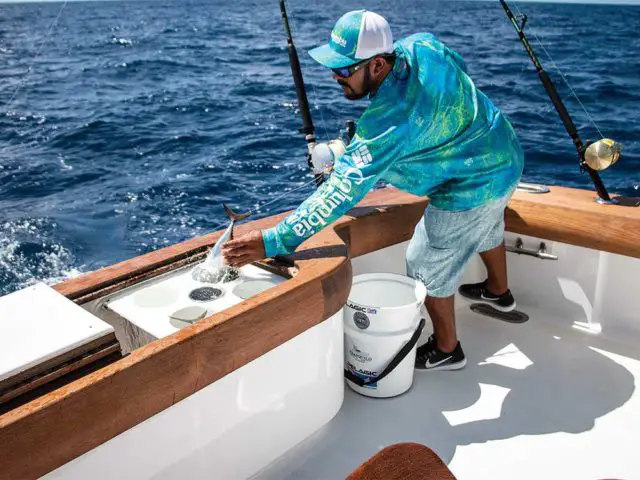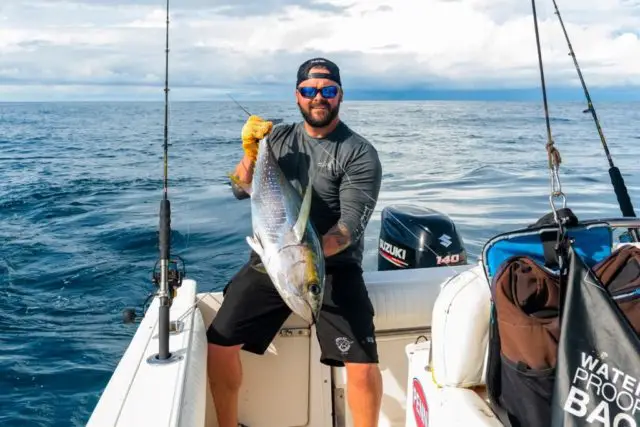
Representatives of the Costa Rican Federation of Sport Fishing (FECOP) stated that the sector generates around 13 thousand direct jobs in the country and profits of 520 million dollars per year for the Costa Rican economy.
This was announced in a meeting between Henry Marín Sandoval, representative of FECOP, and Deputies Marina Marrati and Eliecer Feinzaing, of the Special Permanent Commission on Environment of the Legislative Assembly, with regards to the “Law to recover Costa Rica’s tuna wealth and promote its sustainable use for the benefit of the Costa Rican people.”
Marín said that of the 3 million tourists who visit the country every year, 150 thousand come to practice this sport, which corresponds to 5.2% of the total visitation; Also, these tourists carry out the activity in 150 boats that belong to Costa Rican families, which boost the economy by giving jobs to captains and sailors, service personnel, boat upholstery, among others.

“We are talking that around 13 thousand people depend directly on this activity and a proportion of the total employment would correspond to 1.6% of the country, and in terms of economic contribution, this activity contributes around 520 millions of dollars to the country that not only remain in the sector but are also energized in other sectors,” explained Marín.
Deputy Luis Fernando Chacón stated that this issue is of utmost importance since Costa Rica is bigger in water than on land, which is important to take advantage of this resource and make it sustainable, with social equity and environmental sustainability, and this is the framework of the project, beyond the extension of the fishing grounds that generates a balance.
In this regard, Ricardo Seevers indicated that the idea of creating a national tuna fleet is good, however, how it was catalyzed before in institutions and private companies did not work, he said that a good alternative would be to include the Development Bank, what is not in favor is that the State does not manage this business but rather a well-strengthened institution.
For his part, Deputy José María Villalta said that there is an environment in the Legislative Assembly to extend the polygon or area of exclusion of boats to focus on supporting national fisheries with the selectivity of less impact and for tourist fishing.
“There is a good environment for this, although there are different proposals, the project plans to advance at least up to 60 miles, leaving the possibility of different demarcations being made with technical studies, some deputies are proposing to increase it to 100 miles,” explained the deputy to also indicate that the FECOP proposal is to step up to 200 miles, which would imply that the country would no longer give licenses for foreign ships in the exclusive economic zone.

